Distressed Realty Fund
Fund to Purchase Homes / Condos in Foreclosure, Bankruptcy...

Distressed Realty Fund 2, LLC (the “Fund”), a boutique real estate investment fund, is seeking to raise from accredited investors, up to $5,000,000, through a “crowd funding” Reg. D,506C offering (PPM) on a best-efforts basis, of up to 1,000 membership units at $5,000 per unit. The Fund’s experienced management locates, purchases, repairs and sells distressed houses and properties; investors are expected to receive rental income paid quarterly, interest on redeemed tax certificates and profits from property sales.
Below are three downloadable documents in PDF format including the Executive Summary Profile, the Offereing Prospectus PPM, and the Investor Subscription Agreement if you are unable to use the Invest Now! button above.

Management expects to invest approximately 60% of the raised capital to purchase distressed houses, condos and small commercial properties--for cash. Some of the distressed properties will be acquired through bankruptcy, foreclosures, REO’s, short sales and some from underpriced properties listed in the local MLS listings. All purchased houses and properties will need some repairs before being rented or sold. All distressed properties will be purchased in the name of the Fund by its Managing Member, Realty Fund Management 2, Inc. who will provide all necessary services for investors. All purchased properties are expected to produce both rental income and eventually profits from property sales.
Management also expects to invest approximately 40% of the raised capital to purchase hundreds of redeemable real estate tax certificates that are sold by over 1,900 local county treasurers at all cash auctions throughout the year. For 175 years, real estate tax certificates have been sold to investors by county treasurers who raise money for municipal purposes when local property owners don’t pay their assessed property taxes on time.
Tax certificates are sold for the amount of the cumulative unpaid assessed property taxes, which are approximately 1% to 2% of the county assessed value of the property. The tax certificate buyer’s name is recorded on the title of the property as the first lien on the title to the property --- ahead of all mortgages and mechanic debts. Statistically,92 to 95 % of all sold tax certificates produce interest income to investors when redeemed ( ie.-the county treasurer is paid off by the property owner or mortgage holder) within the usual 1 to 3 year redemption period set by each state. The rate of interest paid to tax certificate investors depends on which state and county the property is located and is generally between 10 and 36% per year.
Fund investors are expected to receive annually rental income and redeemed tax certificate interest plus a share of back-end profits..
During the business year ending on December 31st,investors are expected to receive up to 4% annually income (paid quarterly), for their pro rata share in the Fund from the following three sources :
 Rents received on houses and properties
Rents received on houses and properties
 Interest received from redeemed tax certificates
Interest received from redeemed tax certificates
 Net sales profits from all sold houses and properties
Net sales profits from all sold houses and properties
On March 31st each year, investors are expected to receive pro rata, 75% of all remaining net profits from the sale of houses and properties received during the prior business year; the other 25% is paid to management for their services.
Fund features:
 Comparatively above average returns on investment with lower comparative risk. Comparatively low management fees of .5% paid quarterly
Comparatively above average returns on investment with lower comparative risk. Comparatively low management fees of .5% paid quarterly
 75/25 back-end split on profit from all property sales
75/25 back-end split on profit from all property sales
 Experienced management
Experienced management
Most investors purchase distressed houses and properties with borrowed money (mortgage loans) which increases their risk. Since the 2008 real estate crash, millions of people have lost their homes or investment property due to foreclosures, bankruptcies or short sales. Millions of people lost their home and/or property and they also damaged their personal credit for 7 years. Most of those prior home owners became renters. The increased demand for rental houses has driven up the cost of monthly rentals nationally.
Over the last several years, our 3 prior affiliate investment funds have purchased distressed houses/condos and thousands of tax certificates for cash rather than using borrowed money. This business model significantly lowered the risk for our investors . Many leveraged funds got wiped out in the down economy when they were unable to make monthly mortgage payments to their lenders.
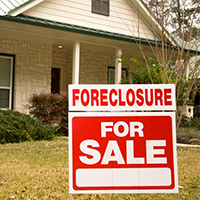
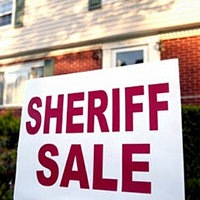


Management has created and operates three prior affiliate investment funds that have purchased and renovated over 100 distressed houses/condos. A direct link to photos of many of those houses can be viewed by clicking here.
To date, we have raised over $6,000,000 from 140 accredited investors who have on average, each invested about $45,000 into at least one of our affiliate investment funds with IRAs, family trusts and personal monies. All of our prior investors invested through stockbrokers who were paid 6% to 8% sales commissions from the investors money. The Distressed Realty Fund 2, LLC will not pay any sales commissions since investors can now invest with management directly online.
Our management team has also purchased several thousand tax certificates on properties in 20 states having a combined investment cost of approximately $10,000,000 cash. Our prior funds have foreclosed on over 100 unredeemed tax certificated properties that were county assessed for several hundred thousand dollars. Most of the acquired properties were sold for a net profit.
The affiliate investment funds had an approximate 90% redemption rate on the thousands of purchased tax certificates during the real estate crash that started in 2008; it has been the worst depression in real estate prices since the great depression of the 1930’s. In some instances, returns for the funds were negatively affected by the market crash. In the future, the Fund could also be negatively affected by economic downturns because real estate prices could fall. Real estate prices in most areas of the country have only recovered from 30% to 60% of their prior 2008 values. This presents an excellent opportunity for potential future growth in market prices and positive rental returns for the Fund.

Our Fund will have competitors that also purchase various kinds of real estate for rental income and net profits; many only purchase large properties such as shopping malls, apartment complexes and office buildings to rent. There are also competitors that invest in distressed houses, condos and tax certificates that we will have to compete with at many of the same distressed property auctions.
Most of our competitors will use debt from borrowed money to increase their leverage for purchasing more real estate than the amount of their investment capital. These leveraged investment funds are riskier for investors because debt payments on their borrowed money must always be paid to the lender before the investors receive any money.
The investment fund must always pay the lender on time or the lender can “call” the mortgage. If that happened, that fund would be required to make an immediate full payment of the total mortgage amount. If that fund couldn’t immediately pay off the entire mortgage, the lender has the right to foreclose on the property and the investors could lose their investment.
Many of our competitors only pay their investors a share of the net profits at the end of the estimated 10-year operating life of their investment fund. One of the unique features of Distressed Realty Fund 2, LLC is that the Fund expects to pay its investors a fifth income check each year on March 31 for their 75% share of all net profits from all sold houses and properties during the prior business year.
The Fund’s net profits can vary each business year because net profits from sales can be affected by many financial events that are beyond the control of management. Nevertheless, unsold properties remain rented, producing income until sold in the future. Management expects there to be some substantial sales profits due to house values escalating to pre-2008 prices.

The distressed houses, properties and tax certificates are expected to produce an estimated overall 10% average gross annual income to the Fund.
Management estimates that purchased tax certificates will cost an average of approximately $2,000.
Most of our previously purchased houses have produced an average annual gross rental income of approximately 10%. About 75 of the 100 rented houses in Atlanta, Memphis, St. Louis and the Chicago area have been sold to FHA, VA or conventional retail buyers at current prices found in local MLS sales comps.
These sold houses have produced an average 20% gross profit .Houses in the $100,000 to $200,000 price range have produced the highest rental incomes. Lately, our funds have been purchasing newer more upscale houses/condos in Phoenix and Las Vegas. The fund expects to also purchase distressed houses in Florida.
This investment fund is expected to operate for approximately 6 to 8 years after the investment capital has been raised.
The Distressed Realty Fund 2, LLC office is located at 3960 Howard Hughes Parkway, Suite 500, Las Vegas, Nevada 89169 and will be managed by Realty Fund Management 2, Inc. Both the LLC and the Inc. were organized in the state of Nevada in September 2014.
Management will deposit all raised investment money in the Fund’s business bank account at Chase Bank in Las Vegas, Nevada.

SEC Reg. D Rule 506(c) crowd funding laws allows issuers to advertise private offerings of securities and market their securities offerings without having to use a broker-dealer. However, Rule 506(c) requires all investors to provide proof that they qualify as accredited investors in order to invest in the offering. For individual investors, this generally means they must verify that they have a $1,000,000. net worth (exclusive of the value of their primary residence) or that they have had income of over $200,000 in each of the two most recent years, or joint income with their spouse in excess of $300,000 in each of those years, and have a reasonable expectation of reaching the same income level in the current year.
These are some of the many independent vetting services that can be used by investors to prove they are “accredited”.
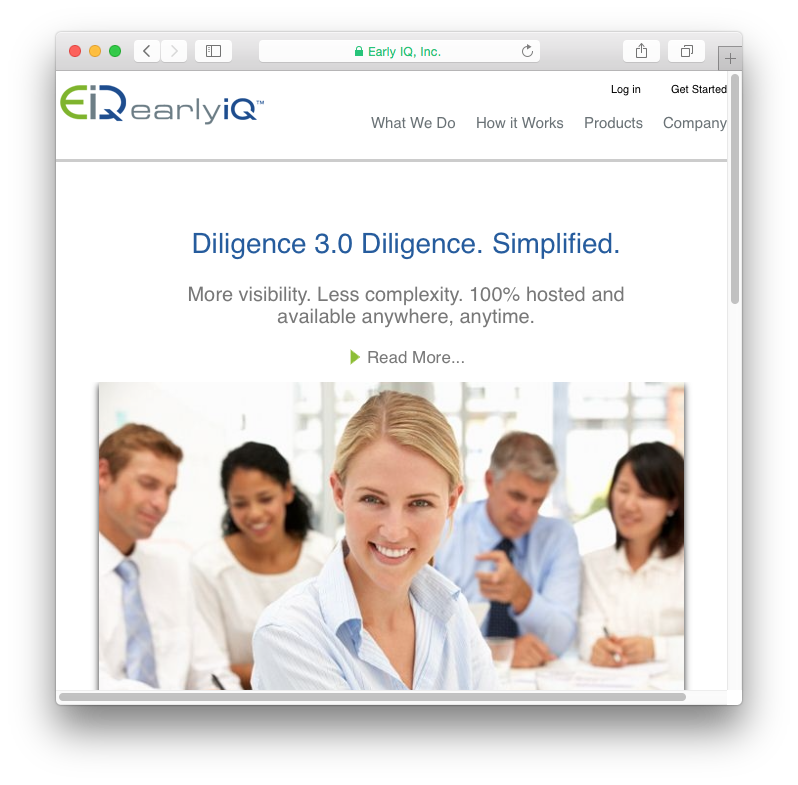
Name: Early IQ, Inc.
Website: www.earlyiq.com
Cost: $35
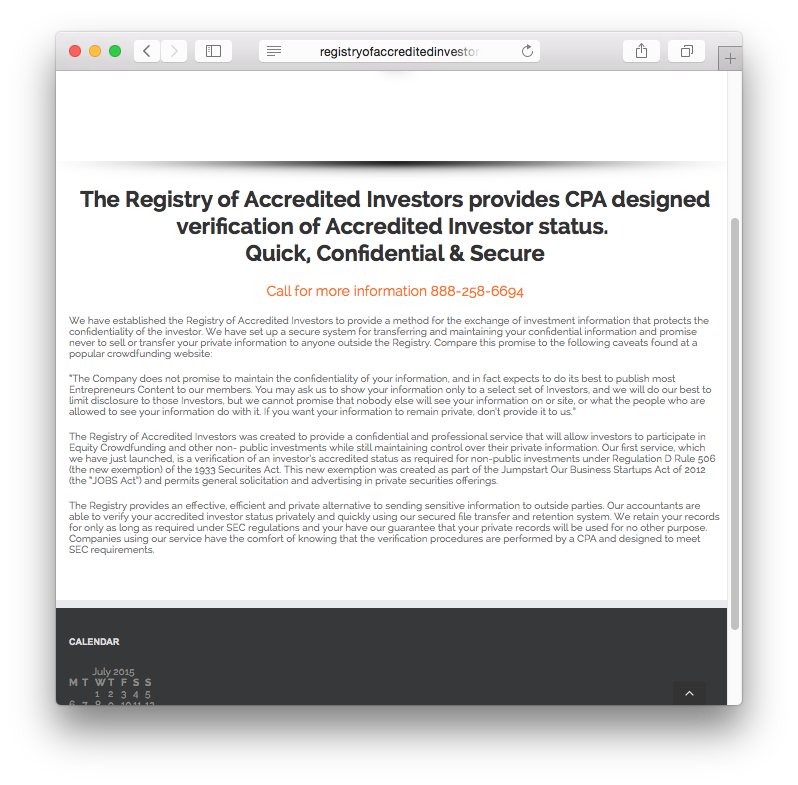
Name: Registry of Accredited Investors
Website: www.registryofaccreditedinvestors.com
Cost: $150
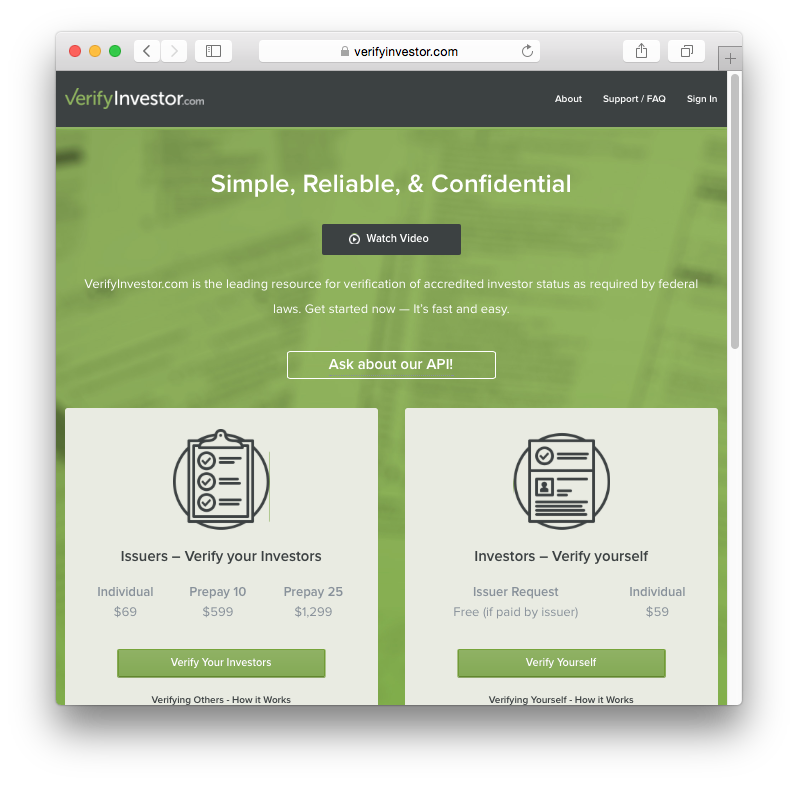
Name: Verify Investor
Website: www.verifyinvestor.com
Cost: $59

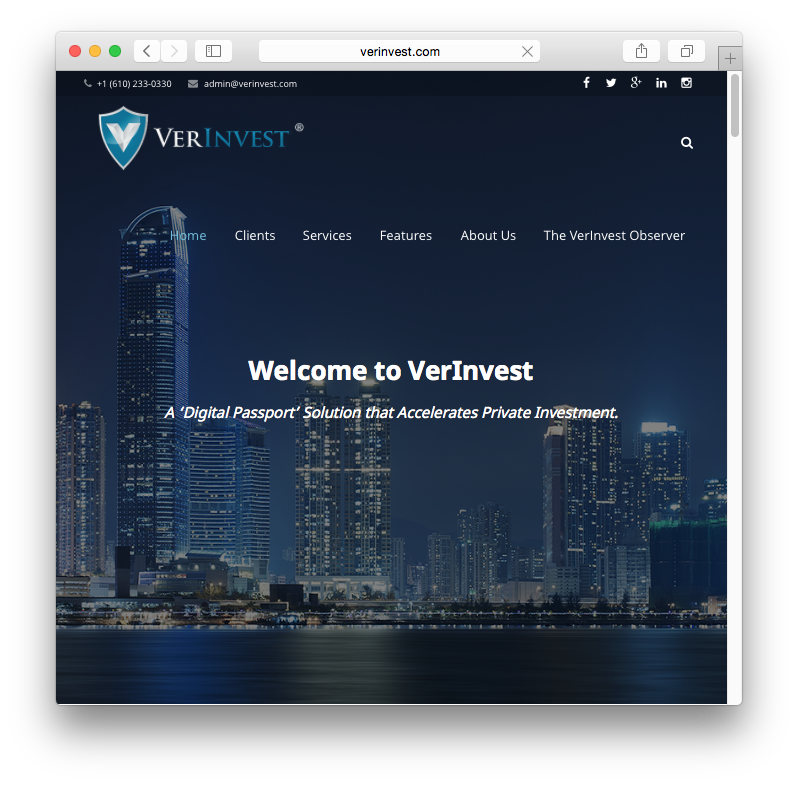
Name: Verinvest
Website: www.verinvest.com
Cost: $35
Investors may use any qualified vetting service . Each operates on different terms, so you should investigate each one and choose carefully to meet your needs. The verification letter that the investor receives from any service can generally be relied on for 90 days and can usually be used for many investments that require proof that the investor is accredited. Each potential investor or their vetting service must provide management a copy of the verification letter to invest.
Investors can invest their IRA retirement money from a self-directed trust account, family trust money, personal money and/or corporate pension capital. The quarterly income payments and the annual share of all net profit payments will be mailed to the investor’s home or to their IRA trust FBO account.
This offering will be available until June 30, 2017, or until the offering is sold out, if sooner. The fund will use 99% of all raised investment capital to actually purchase the quantity of distressed real estate properties and tax certificates. A 1% fee will be used to cover the legal cost of preparing the offering memorandum and the cost of filing Form D with the Securities and Exchange Commission and securities regulators in each state where purchasers in the offering reside. The fee will also be used to cover the marketing and advertising expenses for such websites as Fundable.com investment platform and many other marketing websites and platforms that the Managing Member elects to use in offering the Units to investors.

 David Zussman J.D. is the CEO of Realty Fund Management 2, Inc., which is the Managing Member of Distressed Realty Fund 2, LLC. Mr. Zussman is also the current CEO of several prior real estate management corporations that serve as the managing member of several prior affiliated distressed real estate investment funds. Mr. Zussman leads the management team that will locate, purchase, renovate, rent and sell properties for this Fund and who have worked for years with repair people, realtors, lawyers, title & escrow companies and lenders in such cities as Atlanta, Memphis, St. Louis, Chicago, Phoenix and Las Vegas. He often speaks nationally on expert panels involving distressed real estate. Mr. Zussman has a Juris Doctor of Law degree, is a licensed broker realtor and licensed property manager in Nevada and a licensed real estate agent in California. He was a registered investment adviser for many years having worked with Wall Street investment firms since the 1970’s. Mr. Zussman has a lifetime instructor’s credential in California where he has taught courses in banking, finance, law and investments.
David Zussman J.D. is the CEO of Realty Fund Management 2, Inc., which is the Managing Member of Distressed Realty Fund 2, LLC. Mr. Zussman is also the current CEO of several prior real estate management corporations that serve as the managing member of several prior affiliated distressed real estate investment funds. Mr. Zussman leads the management team that will locate, purchase, renovate, rent and sell properties for this Fund and who have worked for years with repair people, realtors, lawyers, title & escrow companies and lenders in such cities as Atlanta, Memphis, St. Louis, Chicago, Phoenix and Las Vegas. He often speaks nationally on expert panels involving distressed real estate. Mr. Zussman has a Juris Doctor of Law degree, is a licensed broker realtor and licensed property manager in Nevada and a licensed real estate agent in California. He was a registered investment adviser for many years having worked with Wall Street investment firms since the 1970’s. Mr. Zussman has a lifetime instructor’s credential in California where he has taught courses in banking, finance, law and investments. 
 Steve Verchick, J.D., is Vice President of Realty Fund Management 2, Inc. and serves as legal counsel for Distressed Realty Fund 2, LLC. He has practiced law in California for over 35 years and has worked for 20 years on all legal matters for prior affiliated investment funds managed by Mr. Zussman. Mr. Verchick has been an active real estate investor, a partner for many years in a New York based investment banking/ venture capital firm and has been on the board of directors of public and private companies and charity organizations.
Steve Verchick, J.D., is Vice President of Realty Fund Management 2, Inc. and serves as legal counsel for Distressed Realty Fund 2, LLC. He has practiced law in California for over 35 years and has worked for 20 years on all legal matters for prior affiliated investment funds managed by Mr. Zussman. Mr. Verchick has been an active real estate investor, a partner for many years in a New York based investment banking/ venture capital firm and has been on the board of directors of public and private companies and charity organizations. 
 Brian Hill is an independent CPA and the founder of BCH Consulting in Irvine, CA. For several years, his accounting firm has done the bookkeeping, the investor K-1’s and the tax returns for all of Mr. Zussman’s distressed real estate investment funds.
Brian Hill is an independent CPA and the founder of BCH Consulting in Irvine, CA. For several years, his accounting firm has done the bookkeeping, the investor K-1’s and the tax returns for all of Mr. Zussman’s distressed real estate investment funds. 
 Dave Bogan is an independent tax certificate expert who has purchased thousands of tax certificates from dozens of county treasurers for several of Mr. Zussman’s prior investment funds. Mr. Bogan knows the various state and county tax certificate laws and procedures. He travels to the auctions and has purchased several thousand tax certificates for his clients. He has handled thousands of tax certificate redemptions, completed hundreds of Broker Property Option, or “BPO,” valuations on properties and filed foreclosures on hundreds of unredeemed tax certificated properties throughout the nation.
Dave Bogan is an independent tax certificate expert who has purchased thousands of tax certificates from dozens of county treasurers for several of Mr. Zussman’s prior investment funds. Mr. Bogan knows the various state and county tax certificate laws and procedures. He travels to the auctions and has purchased several thousand tax certificates for his clients. He has handled thousands of tax certificate redemptions, completed hundreds of Broker Property Option, or “BPO,” valuations on properties and filed foreclosures on hundreds of unredeemed tax certificated properties throughout the nation.
Thank you for your consideration. Our team looks forward to a mutually profitable relationship.
THIS EXECUTIVE SUMMARY DOES NOT REPRESENT AN OFFER OF SECURITIES. AN OFFER OF THE MEMBERSHIP UNITS OF DISTRESSED REALTY FUND 2, LLC MAY BE MADE ONLY PURSUANT TO THE CONFIDENTIAL PRIVATE PLACEMENT MEMORANDUM OF THE FUND DATED JUNE 15, 2015.
The Business Plan area is locked. You must Request Access to this company to see more information including the Business Plan.
Request Access
N
No updates yet.
%
No backers yet.
Quick Signup TBD
You must have an account to do this!
